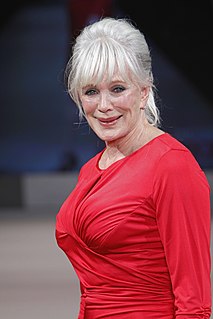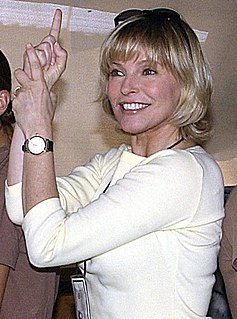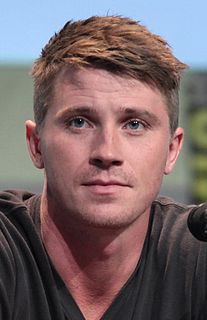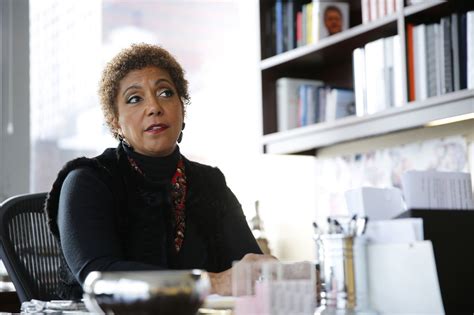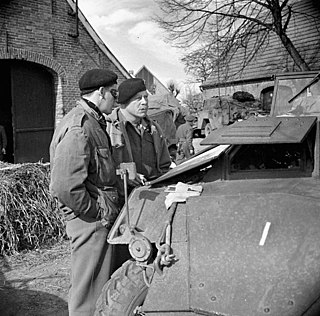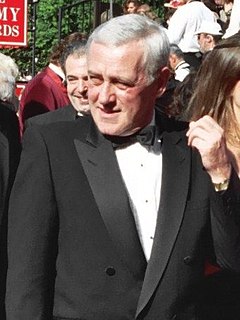A Quote by Linda Evans
My first speaking part was to read for John Forsythe for Bachelor Father. I was the lead, opposite him.
Related Quotes
I worked with John Maybury on The Jacket and I think he's an extraordinary film-maker. I read the first drafts of this piece when I was working on The Jacket, and we'd so fallen in love with him that we thought he was the only person that should direct this! We wrote poems for him, we sent him champagne and cakes. Four years later he finally read it.
When I think about him, I think about him as John and John Wick. I think of John Wick being the assassin part of John. I would say that guy has strong will; never gives up; he's kind; and there's honor about him. He's also a man of strength. There are even some vulnerabilities to him. Most importantly, he's good at his job.
I just read about John Le Carre, the great spy novelist. He had an absolutely miserable childhood. His mother deserted him when he was young. His father was a playboy and a drunk. He was shifted around to many different homes. He knew he was a writer when he was about nine, but he was dyslexic. So here was a person with an absolutely messed-up childhood and a symptom that prevented him from doing what he wanted to do most. Yet that very symptom was part of the calling. It forced him to go deeper.
I remember Emilio [Estevez] and I were at John's house during the rehearsal process. And John [Huges] had mentioned he wrote the first draft of Breakfast Club in a weekend. And we both at the same time went, "First draft? How many do you have?" And John said he's got four other drafts. And we go, "Can we read them?" And for the next three hours, Emilio and I read those other four drafts.
Fathers are always so proud the first time they see their sons in uniform," she said. "I know Big John Karpinski was," I said. He is my neighbor to the north, of course. Big John's son Little John did badly in high school, and the police caught him selling dope. So he joined the Army while the Vietnam War was going on. And the first time he came home in uniform, I never saw Big John so happy, because it looked to him as though Little John was all straightened out and would amount to something. But then Little John came home in a body bag.
Almost 63 years ago, my father, John Johnson, named the publication 'Jet' because, as he said in the first issue, 'In the world today, everything is moving faster. There is more news and far less time to read it.' He could not have spoken truer words. We are not saying goodbye to 'Jet'; we are embracing the future as my father did in 1951.
The most important thing, my father told me, which I have never forgotten, and which I have often put unto practice was: If you get into a quarrel with anybody, hit him first. "If you hit first, the battle is half-won," my father always said "Don't let him hit first. You hit him first." "What's more," he never forgot to say, too "Usually one blow is all you need." I found this to be true.
Death of the Father would deprive literature of many of its pleasures. If there is no longer a Father, why tell stories? Doesn't every narrative lead back to Oedipus? Isn't storytelling always a way of searching for one's origin, speaking one's conflicts with the Law, entering into the dialectic of tenderness and hatred?
